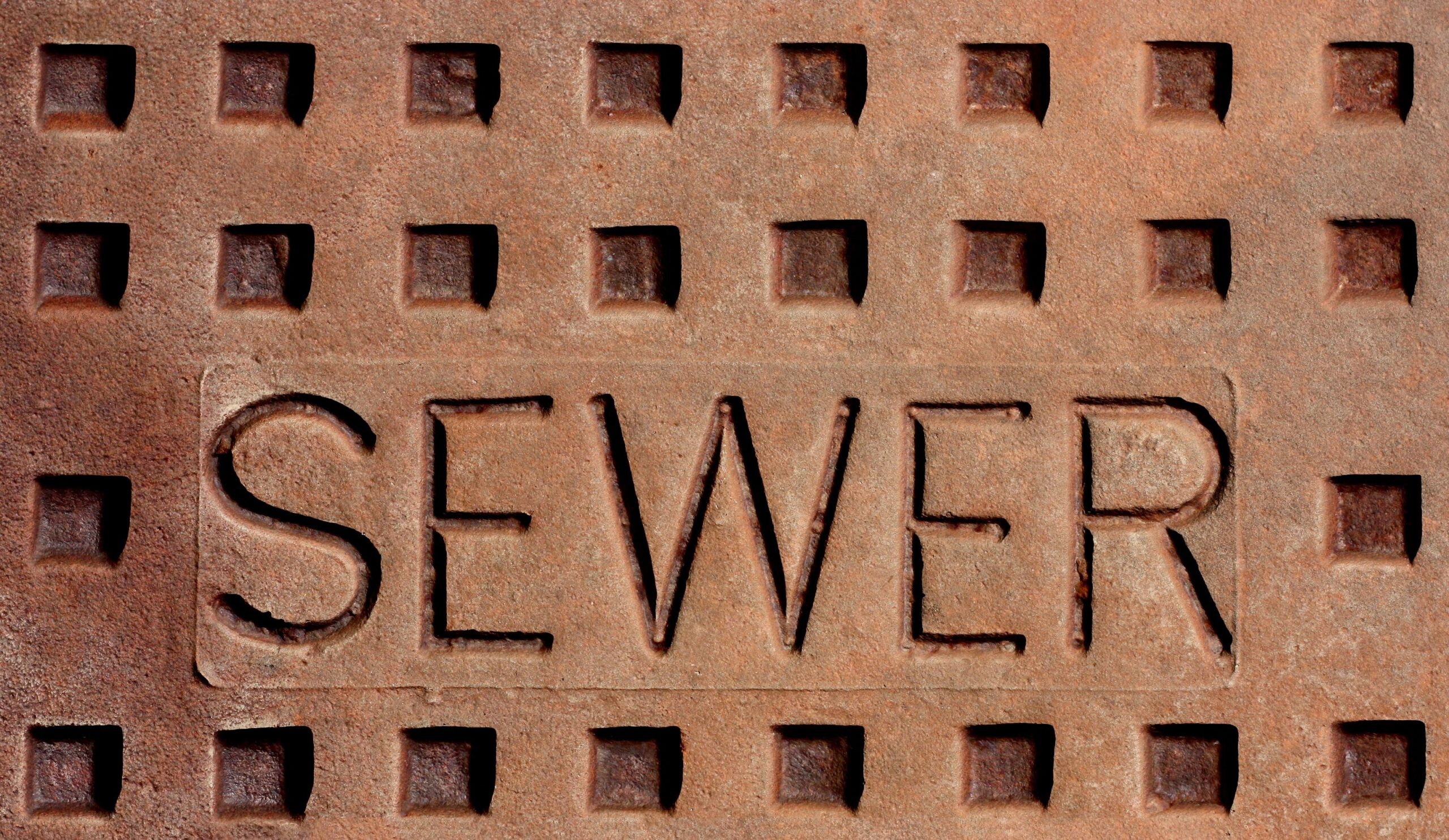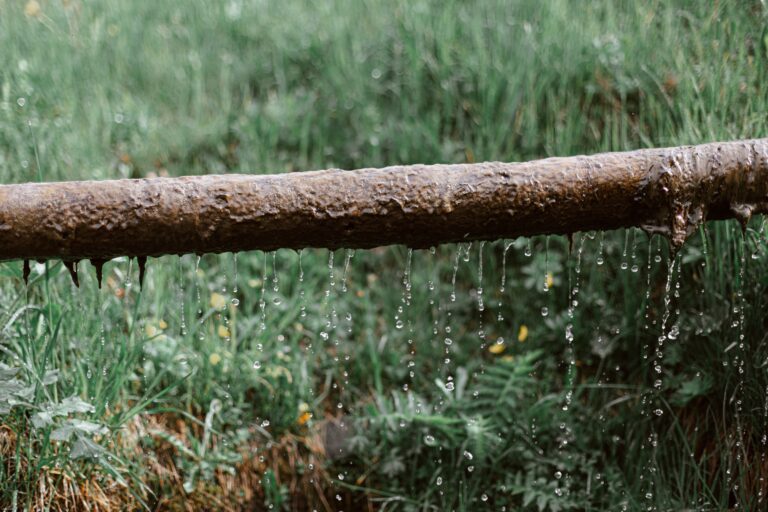
Check the Listing or Call the Township
Households that are not served by the municipal sewer system typically rely on either privately-owned sewer laterals or private septic systems to manage their wastewater. A sewer lateral is a pipe that connects a building's plumbing system to the main municipal sewer line. Private sewer laterals are typically owned and maintained by the property owner, and they are responsible for any repairs or maintenance that may be needed. A septic system, on the other hand, is a self-contained wastewater treatment system that is typically installed underground on the property. It consists of a septic tank and a drain field, which work together to treat and dispose of wastewater. In a septic system, the property owner is responsible for regular maintenance and pumping to ensure the system operates effectively. Both private sewer laterals and septic systems require regular maintenance to ensure they are functioning properly and to prevent problems such as backups, leaks, or contamination. It's important for property owners to understand their responsibilities when it comes to maintaining their wastewater management system and to work with a licensed professional if any issues arise. If you're considering purchasing a home with a septic system, it's important to ask about the age of the system and how well it has been maintained over the years. A professional inspection can help you assess the condition of the system and identify any issues that may need to be addressed. During a septic system inspection, the inspector will typically evaluate the condition of the septic tank, including the manufacturer and age of the tank, the condition of the inlet and outlet baffles, and the level of sludge and scum in the tank. The inspector will also check the condition of the drain field, the distribution box, and any other components of the system. Based on the results of the inspection, the inspector will provide a report detailing the overall condition of the system, any issues that need to be addressed, and recommendations for repairs or maintenance. Depending on the findings, you may be able to negotiate the price of the home with the seller or request that they make repairs before closing the deal. It's important to remember that regular maintenance is essential for the proper functioning of a septic system, and neglecting maintenance can lead to costly repairs and even health hazards. If you do purchase a home with a septic system, be sure to have it regularly inspected and serviced by a licensed professional to ensure that it continues to operate effectively.
Any Sewer Laterals on the Property are Yours

A sewer camera scan, also known as a sewer line inspection, is an important step to consider before purchasing a home. This inspection involves inserting a camera into the sewer line to assess its condition and identify any potential issues.
There are several reasons why you may want to have a sewer camera scan done before purchasing a home:
- Identify any blockages or clogs: A sewer camera scan can reveal any blockages or clogs in the sewer line that could cause backups or other issues down the line. These blockages could be caused by tree roots, grease buildup, or other debris.
- Assess the overall condition of the sewer line: Even if there are no obvious problems with the sewer line, a camera inspection can help assess its overall condition and identify any potential issues that may arise in the future. This information can help you plan for any future maintenance or repairs that may be needed.
- Estimate repair costs: Knowing the condition of the sewer line and identifying any necessary repairs can help you estimate the cost of repairs and factor that into your decision to purchase the home.
- Negotiate with the seller: If issues are identified during the sewer camera scan, you may be able to negotiate with the seller to either make the necessary repairs or adjust the purchase price to account for the needed repairs.
In summary, a sewer camera scan is an important step to consider before purchasing a home. It can help identify any existing problems, assess the overall condition of the sewer line, ensure compliance with local regulations, and prevent future problems and expenses.